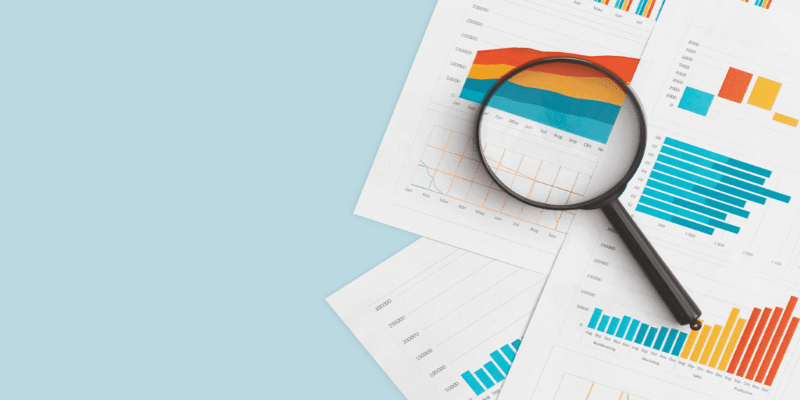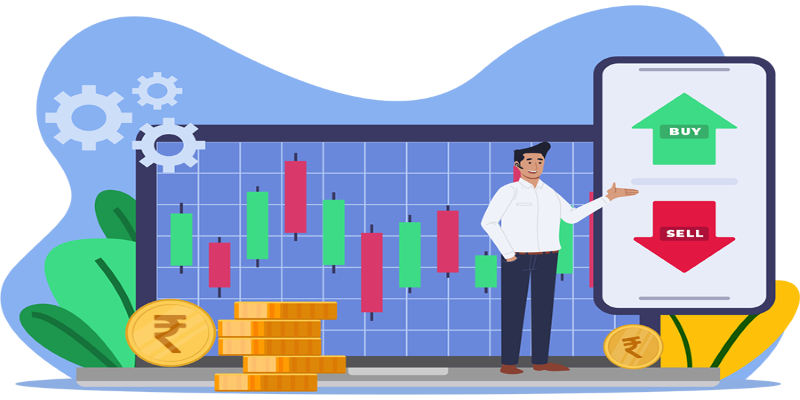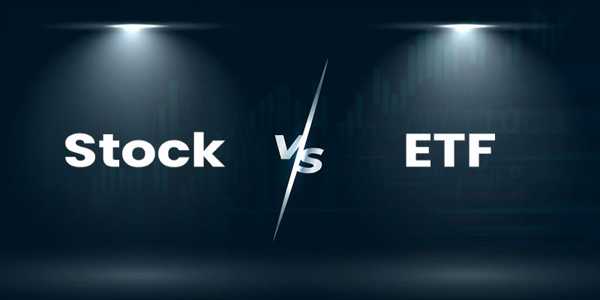- Stock Market
ETFs or Stocks First? Here's What Beginners Should Know
What’s the smarter move when starting out in the world of investing—buying individual stocks or going with exchange-traded funds (ETFs)? That’s one of the first big decisions many new investors face. Both options have their pros and cons, and each can play a role in a strong portfolio. But if you’re just getting started, the better choice often depends on your goals, experience, and comfort level with risk. Let’s explore how these two paths compare and what to consider before making your first move.
What Makes ETFs A Popular First Step For Beginners?
ETFs have become one of the most recommended entry points for beginners, and for good reason. At their core, ETFs are investment funds that trade like stocks but hold a collection of assets. These could be stocks, bonds, or other securities. When you buy an ETF, you're essentially buying a small slice of a broader market or sector.

Here’s why many beginners lean toward ETFs first:
Diversification Without The Headache
With a single ETF, your money is spread across dozens—or sometimes hundreds—of companies. That means if one company doesn’t perform well, it won’t drag your whole investment down as much. This built-in diversification helps reduce risk without needing you to pick and track multiple individual stocks.
Lower Risk Of Mistakes
When you're new, it's easy to make poor decisions based on hype, emotion, or bad timing. ETFs take a lot of the guesswork out. You don’t have to figure out which stock is undervalued or guess which company will outperform next quarter. You're investing in a broader market trend rather than an individual winner.
Less Research And Maintenance
Many ETFs follow a market index, like the S&P 500. That means you don't need to constantly check earnings reports or news updates about specific companies. This makes ETFs much easier to manage, especially if you're not interested in spending hours analyzing the market.
Lower Costs
Thanks to their passive nature, index ETFs tend to have low management fees. Many brokerages now offer them with no commission fees, which makes them even more accessible.
When Might It Make Sense To Start With Individual Stocks?
While ETFs are simpler and lower-risk, there are some good reasons to consider starting with individual stocks, if done thoughtfully.

Higher Potential Returns (With Higher Risk)
If you manage to pick a strong-performing company early—like Apple in 2007 or Tesla in 2012—the gains can outpace the market significantly. ETFs will almost never return that kind of explosive growth, since they track the average performance of many companies.
You Want To Learn Faster
Picking stocks forces you to dig into company fundamentals, understand industries, and follow market trends more closely. This deeper involvement can help you become a more informed investor, faster. Many seasoned investors say they learned the most when they started picking stocks, especially when those picks didn't work out.
More Control Over Your Portfolio
With ETFs, you’re tied to whatever mix the fund manager or index follows. With individual stocks, you can shape your portfolio more precisely. Maybe you believe strongly in clean energy or are excited about healthcare innovation. Buying individual stocks gives you the ability to focus on specific companies that align with your vision.
Dividend Investing Strategies
Some investors build portfolios based on dividend income. While ETFs can include dividend-paying stocks, picking individual companies gives you more say in which dividends you’re collecting and how often.
What Are The Common Pitfalls With Each Option?
No matter which route you take, there are risks and drawbacks to be aware of.
With ETFs:
Limited Upside
You’re getting average market returns. While safer, this means you miss out on the full upside of standout stocks.
Overlapping Holdings
If you buy multiple ETFs, you might unknowingly invest in the same companies more than once. This reduces your actual diversification.
Less Personalization
ETFs don’t cater to your personal views, goals, or market outlook. You get the bundle as it’s designed, for better or worse.
With Individual Stocks:
Higher Volatility
A single piece of bad news can send a stock tumbling. Without diversification, your entire investment is more exposed.
Time-Intensive
You’ll need to read earnings reports, keep up with news, and monitor price changes. This demands more effort than holding an ETF.
Emotional Decision-Making
Beginners often buy high and sell low because they follow emotions rather than logic. Stock investing makes this even more tempting.
How Much Money Are You Starting With?
This can be a deciding factor. If you’re starting with a small amount of money—say, under $1,000—ETFs might be a smarter first move. Why? Because one ETF can give you exposure to dozens of stocks, helping you build a diversified portfolio even with limited funds.
Buying multiple individual stocks with that same amount means putting a lot of money into just a few names. That increases risk, and trading fees (if any) could eat into your returns.
However, fractional shares are now common on many platforms. That means you can invest in individual stocks even if you can't afford a full share. This makes a mixed approach more realistic for smaller budgets, too.
What About Long-Term Investing Goals?
If you’re investing for long-term growth—like retirement—then starting with ETFs can give you a solid foundation. Many investors build a core portfolio of ETFs and then add individual stocks over time. This creates a mix of stability and growth potential.
Think of ETFs as the base layer of your investing pyramid. Once you have that in place, you can build upward by picking stocks you believe in or want to learn more about.
On the other hand, if you have a specific goal in mind—such as earning passive income through dividends or targeting rapid growth—you might build your strategy more around individual stocks.
Making The Right Choice For You
There’s no single right answer for everyone. If you’re looking for simplicity, broad exposure, and lower risk, starting with ETFs is a solid option. If you're more hands-on, enjoy research, and want a shot at higher returns, individual stocks might be the better match.
Many successful investors use both, and often start with ETFs before moving into stocks as they gain experience. Choose what fits your comfort level and goals, and be ready to learn from every step you take.





